Tamil Nadu, a land of ancient temples, rich traditions, and diverse landscapes, is one of India's most culturally vibrant states. From heritage cities to scenic hill stations and coastal retreats, it offers a captivating journey through South India's soul.
1. Chennai
Why visit: As the capital city, Chennai is a dynamic mix of modernity and tradition, known for its beaches, temples, and colonial heritage.
Highlights: – Marina Beach – Kapaleeshwarar Temple – Fort St. George – Traditional Carnatic music and dance scene
Timing: Best explored from October to March
Entry: Most attractions free or nominal fee
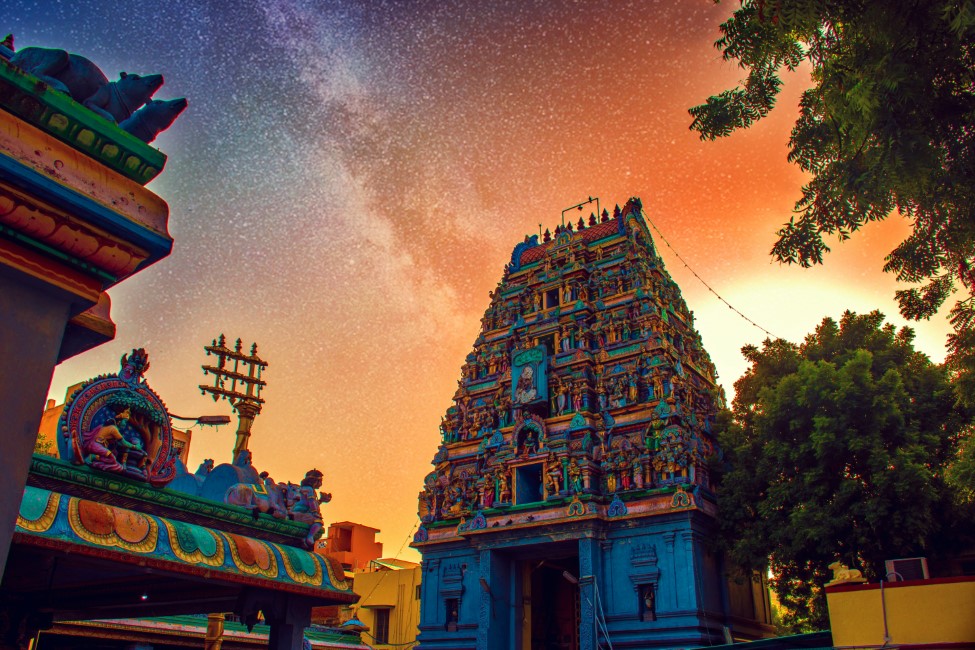
2. Mahabalipuram
Why visit: A UNESCO World Heritage Site, Mahabalipuram is famed for its ancient rock-cut temples and coastal charm.
Highlights: – Shore Temple – Five Rathas – Arjuna’s Penance – Sculpture workshops
Timing: 6:00 AM to 6:00 PM (ideal months: Nov to Feb)
Entry: ₹40 for Indians, ₹600 for foreigners (Shore Temple)
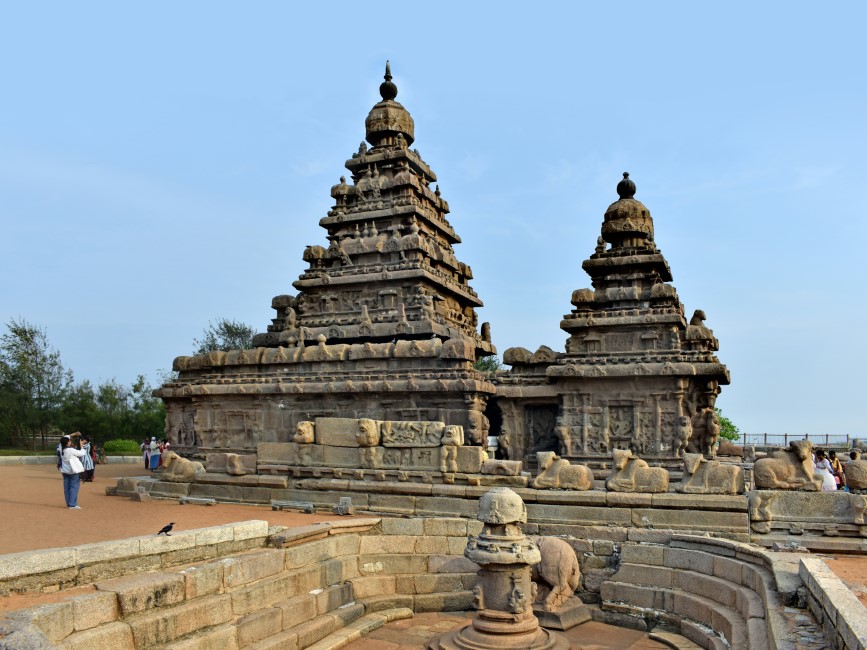
Photo by Brijender Dua on Unsplash
3. Kanchipuram
Why visit: Known as the "City of a Thousand Temples," Kanchipuram is a major pilgrimage center and silk weaving hub.
Highlights: – Kailasanathar Temple – Ekambareswarar Temple – Handwoven silk saree stores
Timing: October to March is best
Entry: Free (some temple areas may have camera charges)
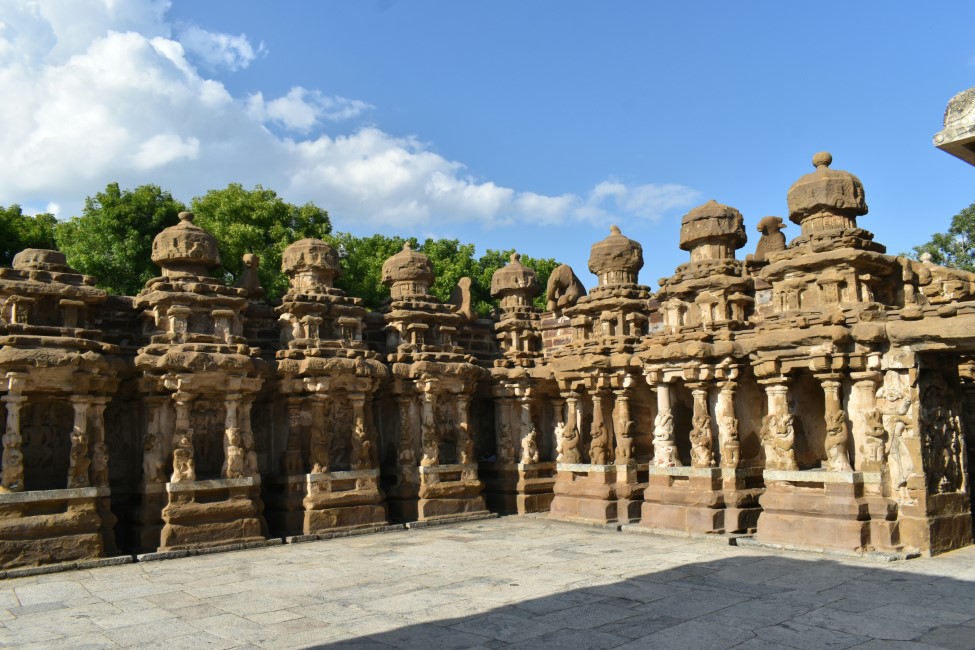
Photo by Kamakshi subramani on Unsplash
4. Pondicherry
Why visit: With its French colonial charm and serene beaches, Pondicherry is perfect for a relaxed coastal getaway.
Highlights: – Promenade Beach – Auroville – French Quarter – Cafés and boutiques
Timing: October to March
Entry: Free (Auroville has a donation-based entry for certain zones)
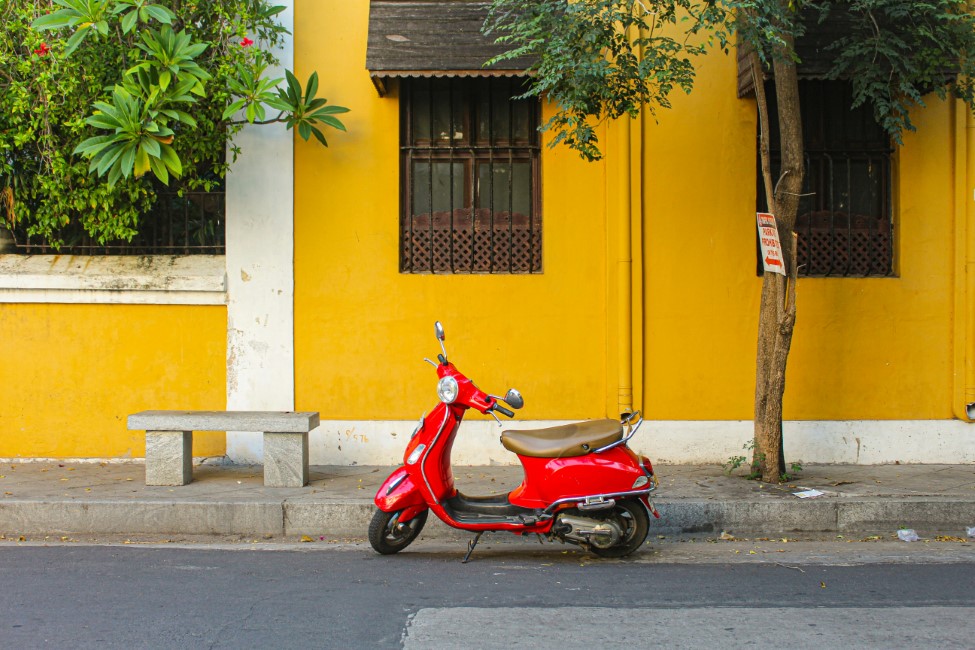
Photo by Niranjan B S on Unsplash
5. Madurai
Why visit: This ancient city is a vibrant blend of history, devotion, and architecture centered around the iconic Meenakshi Temple.
Highlights: – Meenakshi Amman Temple – Thirumalai Nayakkar Palace – Gandhi Museum – Local street food
Timing: October to March
Entry: Mostly free (temple special entry ₹50–₹100)
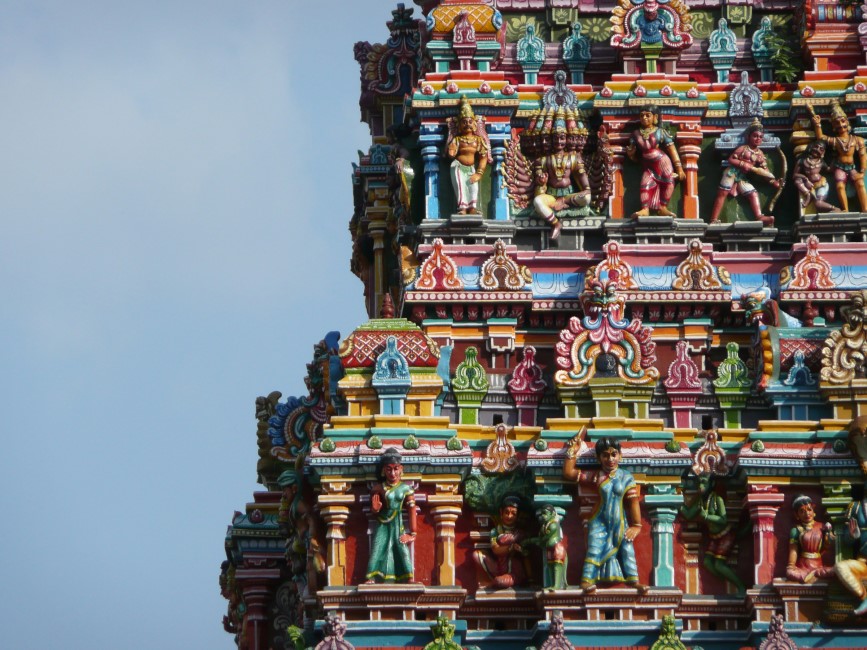
Photo by Ben Chobot on Unsplash
6. Rameswaram
Why visit: A revered pilgrimage site, Rameswaram is linked to the Ramayana and known for its spiritual and seaside attractions.
Highlights: – Ramanathaswamy Temple – Dhanushkodi – Pamban Bridge – Water sports
Timing: November to February
Entry: Temple entry is free (₹50–₹250 for special darshan)
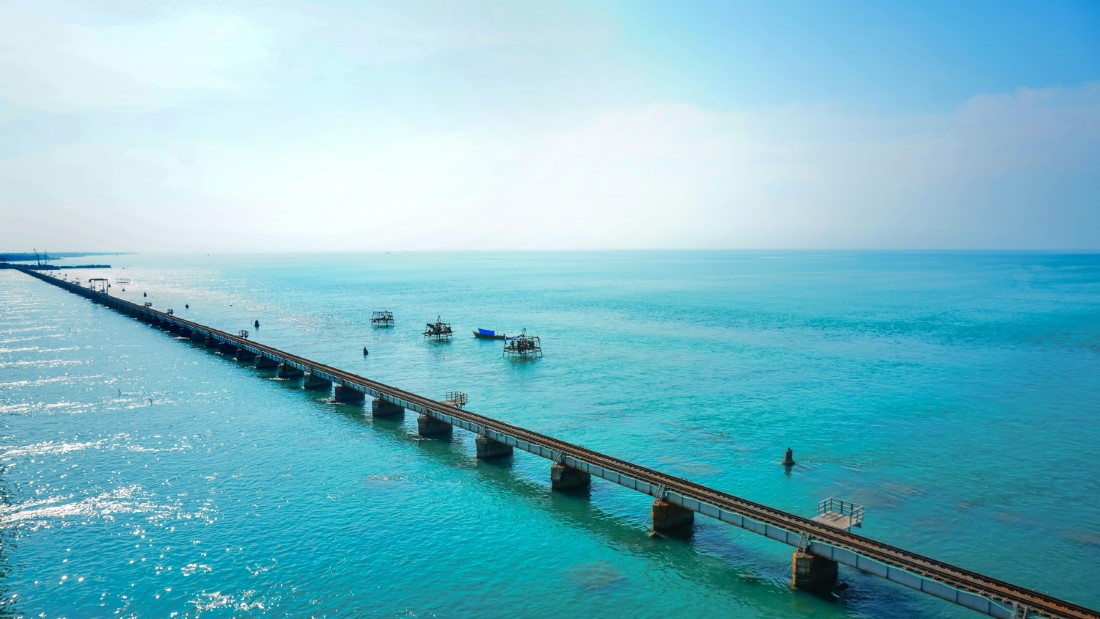
Photo by Suriya Narayanan on Unsplash
7. Kodaikanal
Why visit: Nestled in the Western Ghats, Kodaikanal offers misty mountains, tranquil lakes, and cool climate ideal for a hill retreat.
Highlights: – Kodai Lake – Coaker’s Walk – Pillar Rocks – Bryant Park
Timing: March to June and September to November
Entry: ₹20–₹50 at viewpoints or parks

Photo by Balaji Malliswamy on Unsplash
8. Ooty (Udhagamandalam)
Why visit: One of India’s favorite hill stations, Ooty is famous for its tea gardens, heritage train, and lush green landscapes.
Highlights: – Botanical Garden – Ooty Lake – Nilgiri Mountain Railway – Tea Museum
Timing: April to June and September to November
Entry: ₹20–₹100 depending on site
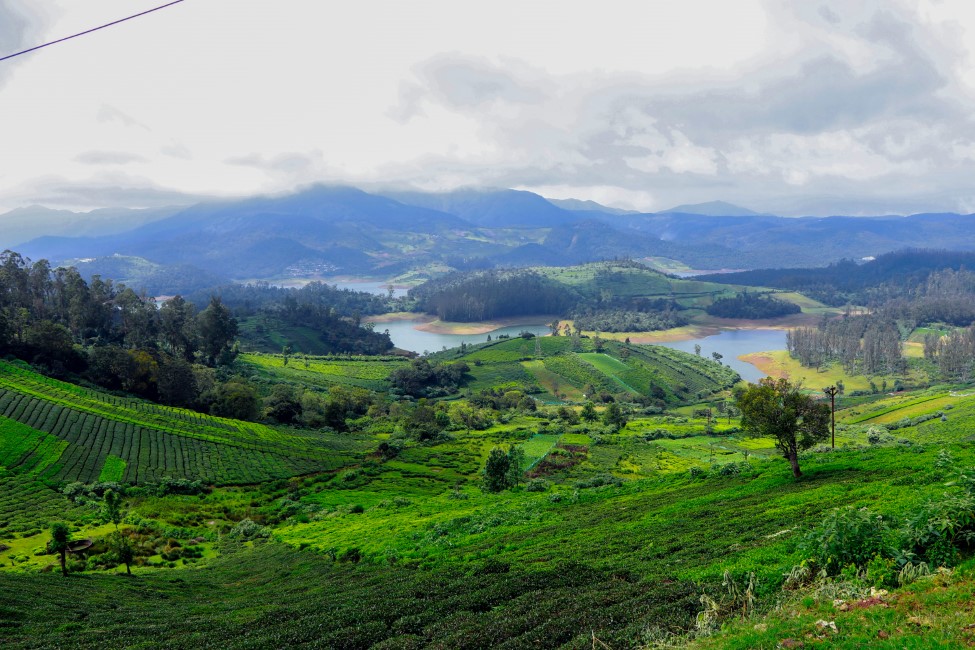
9. Thanjavur
Why visit: A cultural capital of Tamil Nadu, Thanjavur is home to grand temples and classical art forms like Bharatanatyam and Tanjore painting.
Highlights: – Brihadeeswarar Temple – Thanjavur Palace – Saraswathi Mahal Library – Local handicrafts
Timing: November to March
Entry: ₹30–₹100 (Brihadeeswarar entry is free, camera charges extra)
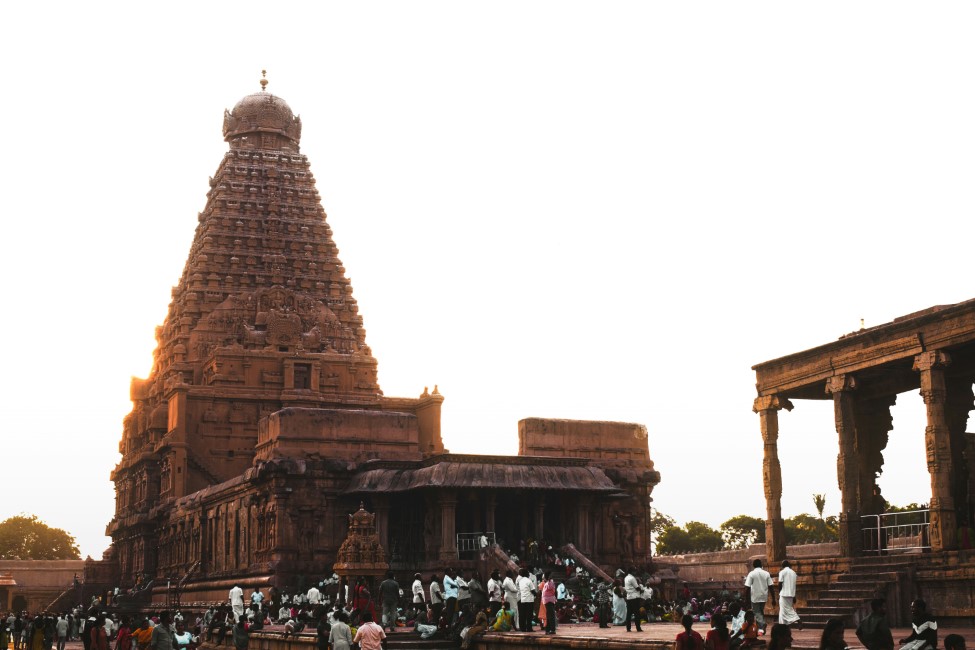
Photo by Sanjeev Nagaraj on Unsplash
10. Yercaud
Why visit: A lesser-known hill station in the Eastern Ghats, Yercaud is perfect for travelers seeking a peaceful mountain escape.
Highlights: – Yercaud Lake – Pagoda Point – Botanical Garden – Coffee plantations
Timing: October to June
Entry: ₹20–₹30 for parks and lake boating

Photo by Shiyan Shirani on Unsplash
Feature Image:- Photo by Shiyan Shirani on Unsplash

